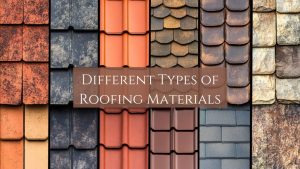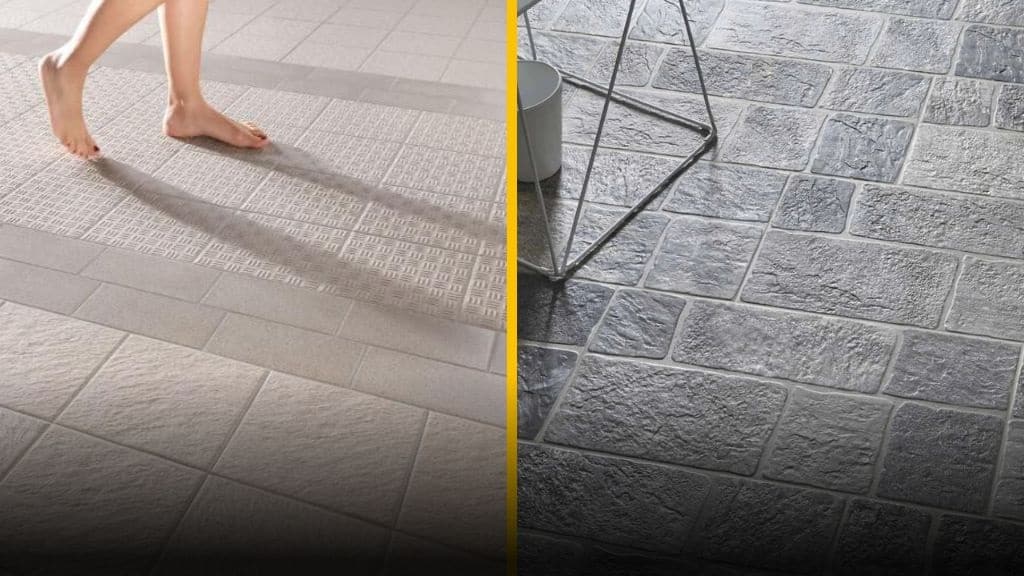
A-Z on Anti-skid Tiles for Your Dream Homes
Anti-skid tiles, also known as anti-skid tiles, are a type of tile that is designed to provide improved traction and slip resistance, especially in areas where moisture or liquids may be present. These tiles typically feature a rough or textured surface that increases friction and reduces the likelihood of slips and falls.
From a scientific perspective, the slip resistance of anti-skid tiles is typically measured using the Coefficient of Friction (COF). The COF is a measure of the force required to start or maintain movement between two surfaces, and it is influenced by factors such as surface roughness, surface material, and the presence of contaminants like water or oil.
To improve the slip resistance of tiles, manufacturers often add special abrasive particles or coatings to the tile surface. These particles or coatings increase the friction between the tile and the foot, reducing the likelihood of slipping. The texture of the tile can also play a role in slip resistance, as a rougher surface will typically provide better traction than a smooth surface.
In this article, we will discuss the different types of anti-skid tiles, their benefits, and frequently asked questions.
5 Types of Anti-Skid Tiles for Bathrooms & Other Spaces
1. Ceramic Anti-Skid Tiles
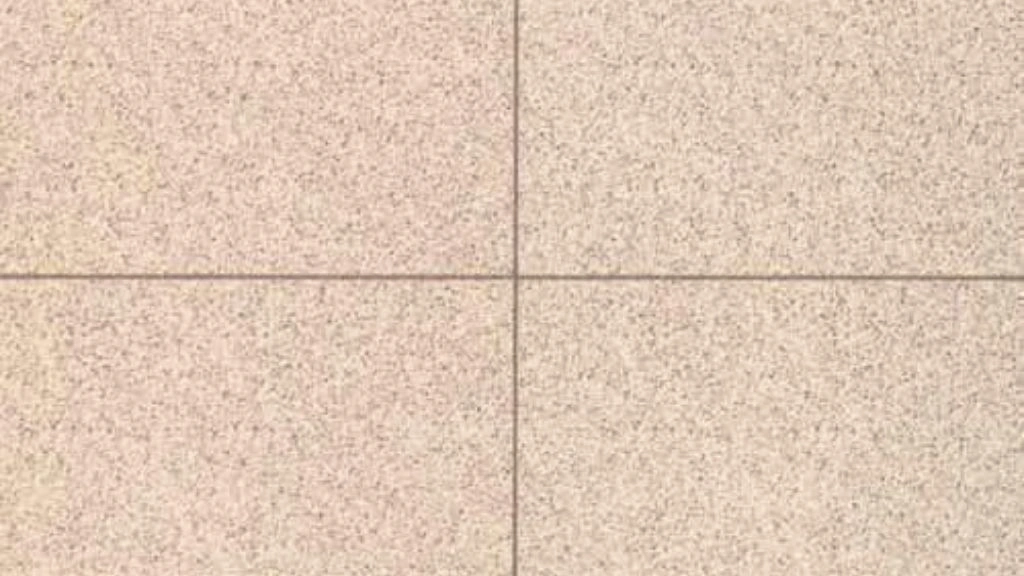
Ceramic anti-skid tiles are made of natural materials and are often the most affordable option. They come in a range of colours, patterns, and textures to match any style of decor. These tiles are ideal for areas that are prone to spills and moisture, such as kitchens, bathrooms anti-skid tiles, and laundry rooms. If you are looking for non-slip bathroom floor tiles, go for the ceramic option.
Pros
- Textured or matte-finish ceramic tiles have a COF value of more than 0.6.
- Bathroom flooring made of these tiles is a very affordable and cost-effective option.
- Ceramic tiles are simple to clean and maintain.
Cons
- One drawback is that ceramic tiles are fragile, making them susceptible to chipping and cracking.
2. Porcelain Anti-Skid Tiles
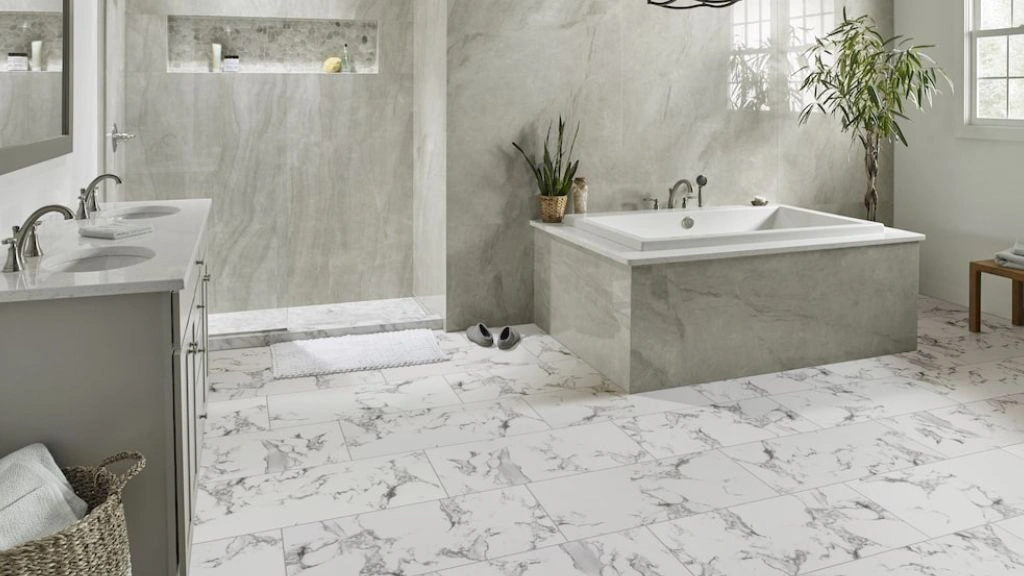
Porcelain anti-skid tiles are a more durable and long-lasting option compared to ceramic tiles. They are denser and less porous, making them more resistant to scratches, stains, and moisture. Porcelain tiles are also available in a wide range of colours, patterns, and textures to suit any design style.
Pros
- Porcelain tiles are a very strong and long-lasting flooring option. “Slip shield” tiles, which have an additional coating applied to them to increase their COF value, have been developed by brands like Somany.
- The anti-skid tiles are resistant to stains and scratches, have a high density, and are not porous.
- Tiles made of porcelain are available in a wide range of colours, patterns, and textures. The fact that porcelain tiles can mimic the appearance of natural stone and wood is the best feature.
- It is simple to clean and maintain these tiles.
Cons
- Porcelain tiles are extremely heavy due to their high density.
- Ceramic tiles are less expensive than these tiles.
3. Natural Stone Anti-Skid Tiles
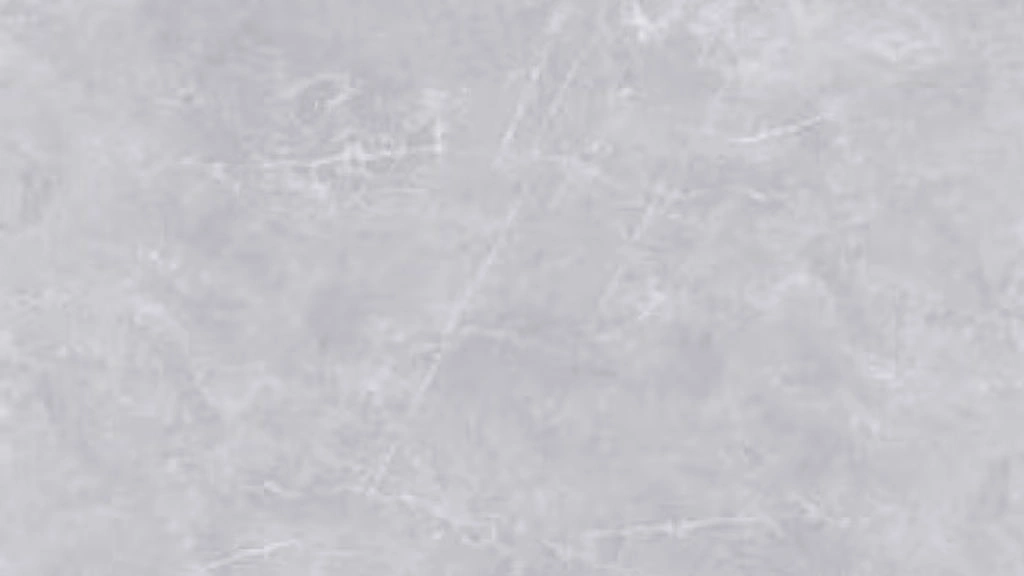
Natural stone non-slip bathroom floor tiles are made from materials such as granite, limestone, and slate. These tiles are extremely durable and have a unique texture that provides excellent slip resistance. They come in a variety of finishes, from rough and rustic to smooth and polished.
Pros
- Natural stone is warm and has attractive grain patterns that give the room a lot of depth. Additionally, no two tiles are alike.
- Natural stone products like slate, limestone, and travertine can be used in the bathroom and come in a variety of finishes. Take into consideration either a honed or a tumbled finish for the flooring in the bathroom. A honed finish is smooth but does not have a shiny surface, whereas a tumbled finish is highly textured but does not have any shine.
Cons
- Because natural stone is so porous, it needs to be sealed regularly to keep it dry and resistant to stains and water.
- Another drawback is that natural stone is a delicate material for flooring and can corrode when cleaned with harsh soap-based or acidic cleaners. Use warm water and mild detergent for routine cleaning.
- Natural stone products like polished marble and granite are extremely slippery when wet.
4. Glass Anti-Skid Tiles
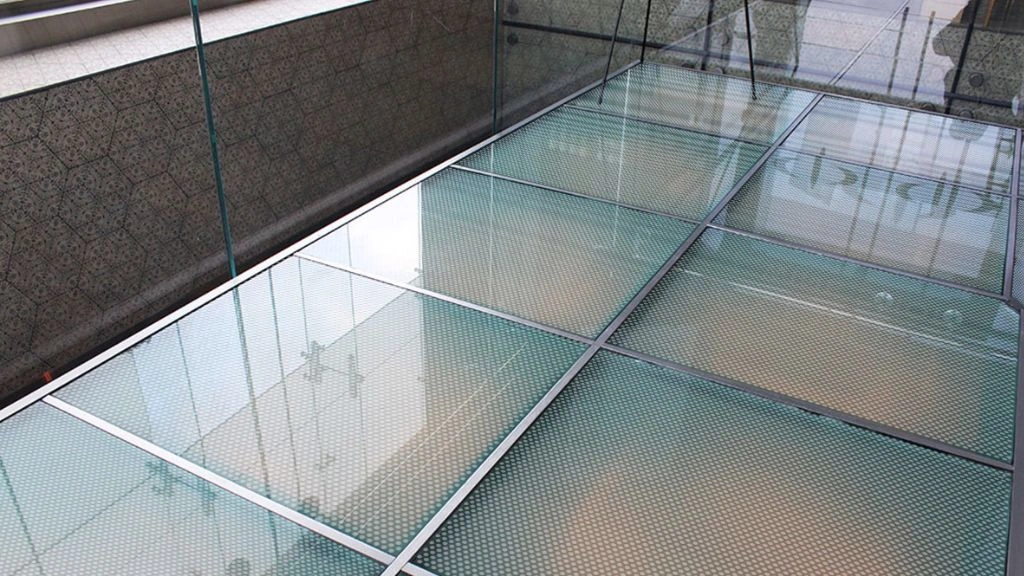
Glass anti-skid tiles are made of tempered glass and are available in a variety of colours and patterns. These tiles are an excellent choice for adding a touch of elegance to any space, while still providing slip resistance. They are also easy to clean and maintain.
Pros
- They can add a touch of aesthetics to a room while still providing slip resistance and safety.
- Glass non-slip bathroom floor tiles are easy to clean and maintain, making them an ideal choice for areas that see a lot of foot traffic. They can be swept, vacuumed, or mopped just like any other tile.
- Glass anti-skid tiles have a textured surface that provides excellent slip resistance, even when wet.
- Glass anti-skid tiles are made of tempered glass, which is a durable material that can stand up to wear and tear over time. They are also resistant to scratches and stains, making them a long-lasting option.
Cons
- These anti-slip tiles can be more expensive than other types of anti-skid tiles, such as ceramic or porcelain.
- While glass anti-skid tiles are durable, they are still more fragile than other types of tiles. They can crack or break if something heavy is dropped on them, which can be costly to repair or replace.
- Installing glass anti-skid tiles can be a complicated process, and mistakes can be costly to fix. It is recommended that you hire a professional to install them to ensure that they are installed correctly and safely.
- Glass anti-skid tiles can reflect light, which can be distracting or even dangerous in certain areas.
5. Cement Anti-Skid Tiles
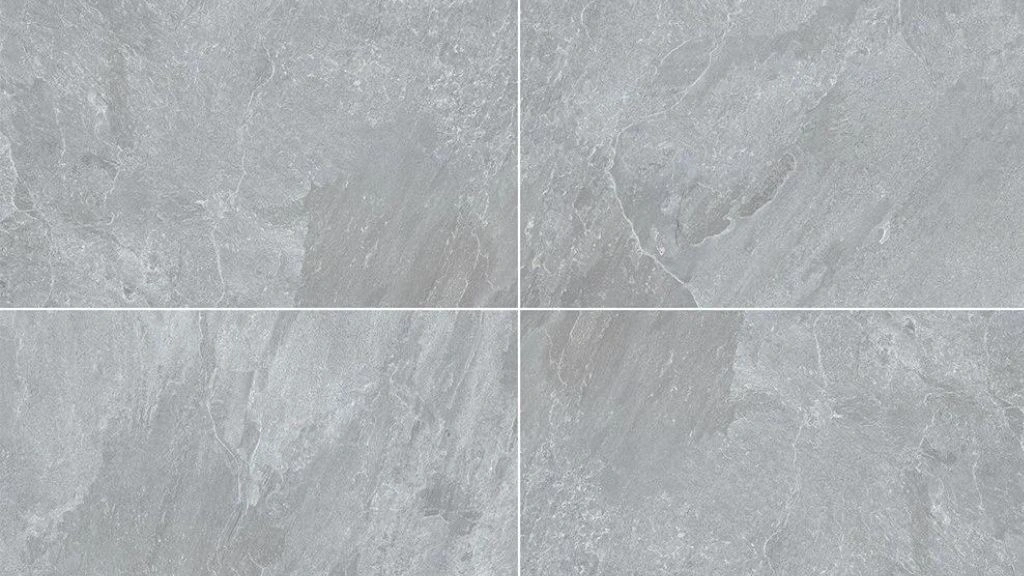
Cement tiles meet the fundamental requirements for non-slip bathroom tiles-resistant tiles due to their naturally rough and porous surface. These tiles, which come in striking traditional colours and patterns, are a great way to give your bathroom a vintage feel.
Pros
- The advantages of cement tiles include their durability and anti-slip tailes properties, making them an ideal choice for flooring in bathrooms.
- These tiles are handcrafted and accessible in many strong varieties and examples with current or customary themes.
- Tiles made of cement are a green option for flooring. These tiles are not baked in the kiln, unlike other traditional tiling materials.
Cons
- Cement tiles are handmade, which means that each one may have slight color variations.
- Since cement tiles are very porous, they need to be sealed regularly to prevent stains and fading.
Benefits of Anti-Skid Tiles
- Prevents Accidents: The primary benefit of anti-skid tiles is that they prevent accidents caused by slipping and falling. These tiles provide an extra layer of safety in areas that are prone to moisture, such as bathrooms, kitchens, and swimming pools.
- Easy to Clean: Anti-skid tiles are easy to clean and maintain, making them an ideal choice for areas that see a lot of foot traffic. They can be swept, vacuumed, or mopped just like any other tile.
- Durable: Anti-skid tiles are made of high-quality materials that are designed to withstand heavy foot traffic and regular use. They are a long-lasting option that can stand up to wear and tear over time.
- Stylish: Anti-skid tiles come in a variety of colours, patterns, and textures, making them a stylish choice for any space. They can add a touch of sophistication to any room while still providing slip resistance and safety.
A Word of Caution on Anti-skid Tiles
While anti-skid tiles are an important safety feature in many spaces, they do come with a few disadvantages. Some of them are
- Anti-skid tiles typically have a rough surface that provides slip resistance. This surface can limit the design options available, as intricate patterns and textures may not be possible.
- They require more maintenance than traditional tiles, as the rough surface can trap dirt and grime. Regular cleaning is essential to prevent discolouration and staining.
- The rough surface of anti-skid tiles can make them more difficult to clean than traditional tiles. Specialized cleaning products and techniques may be required to remove tough stains and dirt.
- The rough surface can be more prone to chipping and cracking.
- Anti-skid tiles are typically more expensive than traditional tiles, as they require special manufacturing processes and materials to ensure slip resistance.
Overall, the advantages of anti-skid tiles often outweigh the disadvantages, as they provide important slip resistance and safety features in all kinds of spaces. However, it’s important to carefully consider the pros and cons of anti-skid tiles before making a final decision.

